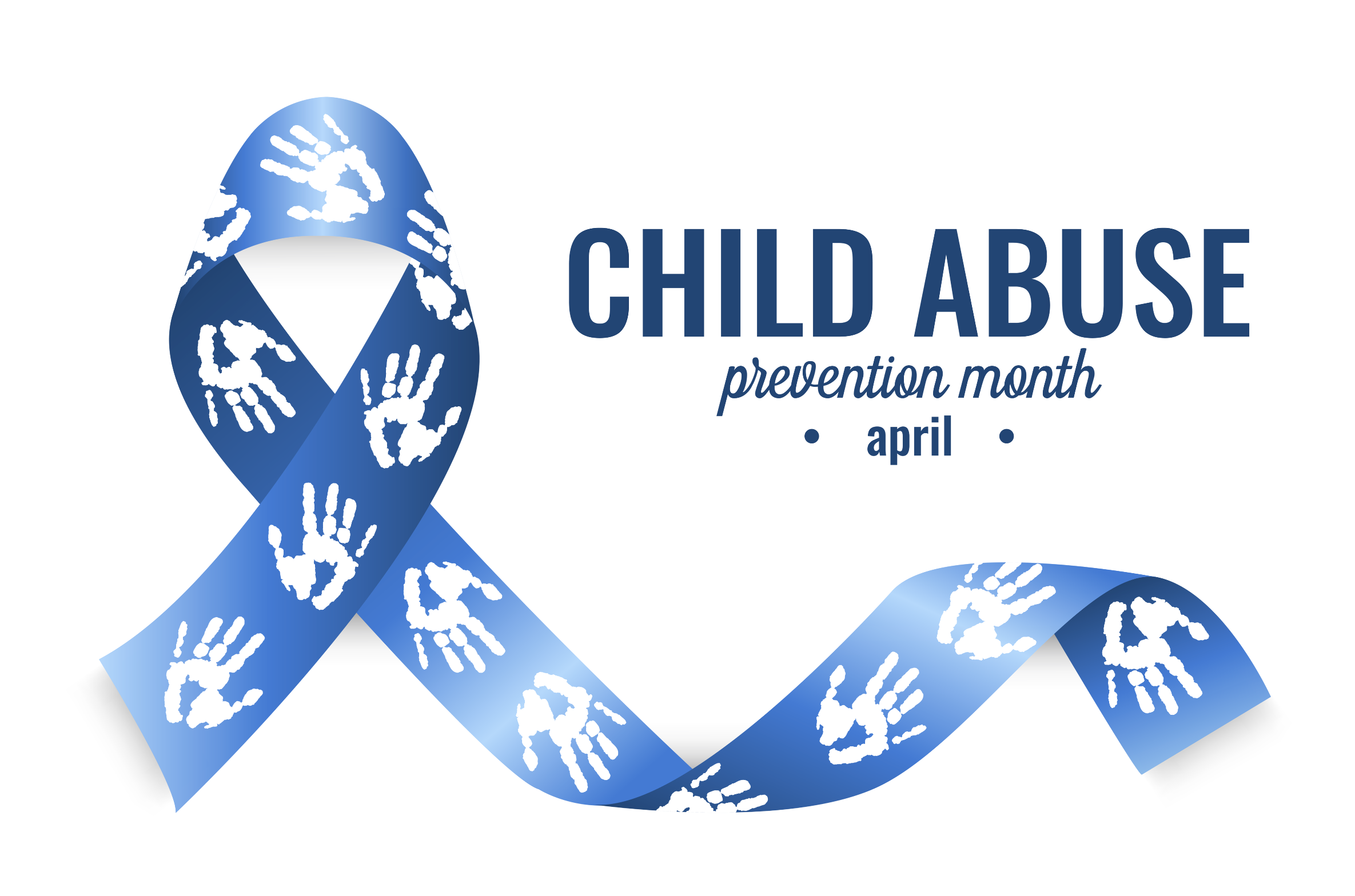It’s never been easier to be entertained, informed and connected.
Our favorite shows, music, social media and the latest news are now available in the palm of our hand 24/7. While we enjoy this convenience, kids are enjoying it as well. Too much, in fact.
With children getting smartphones at younger and younger ages while also having access to TVs, tablets, video games and other technology in the home, they’re getting a lot more daily screen time than previous generations.
Just how much time?
The numbers might shock you. The Centers for Disease Control and Prevention (CDC) reports the average daily hours by age group:
- 8-10 years old: Six hours
- 11-14 years old: Nine hours
- 15-18 years old: Seven and 1/2 hours
And these figures don’t even include the time kids spend on screens for their school work.
The health effects
It’s important for parents to be aware of the impact that too much screen time can have on their children’s health, as well as their ability to develop healthy relationships with friends and family.
“While TVs have been a fixture in American homes for many years, the issue of screen time is a relatively new area of concern since smartphones haven’t been around very long,” said Samina Yousuf, MD, an OSF HealthCare pediatrician.
Over the last decade, it’s become a standard topic that pediatricians discuss with children and their parents.
“Studies are showing links between excessive screen time and various physical and mental health issues in children, such as obesity, depression, behavioral issues and anxiety,” Dr. Yousuf said. “It also hinders them from getting the recommended amount of sleep each night, which harms them physically and also impacts their performance in the classroom. And then when they come home from school, it cuts into the time they should be devoting to homework.”
It also impacts their development of social skills.
“Impatience in real world interactions is one of the biggest results of excessive screen time,” Dr. Yousuf said. “You don’t have to be patient with a screen. It’s instant gratification. But you do need patience when you’re talking to someone in person. So, it’s important that children learn to wait, listen and respond.
“This will not only help them when communicating with other kids, but also when playing together since taking turns with toys is so important. All of this lays the foundation for developing healthy relationships and friendships as they grow up.”
Recommended time limits
But with these electronic devices so ingrained into our culture, how should parents set boundaries for their children? Dr. Yousuf said pediatricians generally recommend the following guidelines:
- Under 2 years old: Zero screen time, except for video chatting with family or friends
- 2-5 years old: No more than one hour per day co-viewing with a parent or sibling
- 5-17 years old: Generally no more than two hours per day, except for homework
To support parents’ efforts, the American Academy of Pediatrics (AAP) recommends parents develop a family media use plan, which can be easily constructed on the AAP’s website at healthychildren.org.
“This is really a positive parenting tool that can help parents guide their children on what type of screen time is appropriate and when and where it can be enjoyed,” Dr. Yousuf said.
Other proactive steps for parents to take include:
- Screen-free bedrooms: There should be no screens in the bedroom, and children generally shouldn’t view a screen for two hours before bedtime. The reason is a screen’s blue light can prevent the brain from knowing when it’s time to get ready for sleep. Instead of watching TV before bed, kids should engage in other activities, such as reading.
- Fill the void: If you need to cut back on your child’s screen time, don’t leave them to figure out what to do with that free time. Replace it with something positive, such as outdoor sports or other activities.
Focus on face-to-face interactions
But aside from setting screen time limits, Dr. Yousuf said parents need to focus on face-to-face interactions with their children.
“Younger children don’t relate to what they see on a screen the same as real life. Subliminal messages that we send during in-person conversations don’t come across the same on a screen,” she said. “When you’re playing with a young child, you’re teaching them how to interact with their environment. Studies show that the more interactive you can be with them, the better off they’ll be because they’re using more of their senses, such as listening, touching and smelling.”
But whether a child is younger or older, human interaction provides benefits that can’t be replaced by screens.
“It’s all about developing relationships,” Dr. Yousuf said. “You need to be able to maintain healthy relationships later in life. If you’re not experiencing that and seeing what relationships should be from a young age, you’re not going to replicate them later on.”
***Report Courtesy of Luke Legner, Writing Coordinator at OSF HealthCare***

















